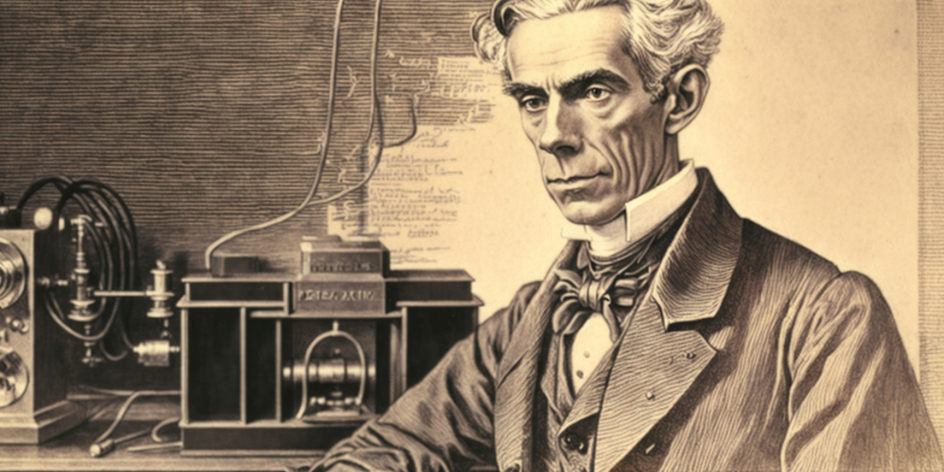by Dennis Crouch
In the patent context, functional limitations describe inventions in terms of their function or intended use, rather than their specific structure or components. Such claims have been subject to much debate and litigation throughout the history of the US patent system. Notable Supreme Court cases like O'Reilly v. Morse, 56 U.S. (15 How.) 62 (1854) and Halliburton Oil Well Cementing Co. v. Walker, 329 U.S. 1 (1946) significantly impacted patent practice and the balance between functional and structural claim drafting.
The pending Supreme Court case of Amgen Inc. v. Sanofi, No. 21-757 (2023) is another example, with the potential to further shift the landscape regarding functional claim limitations. The title of my essay on the case following oral arguments, "Bye Bye Functional Claims," hints at my outlook. Although the patentee focused on other issues in its briefing, the Justices repeatedly questioned the permissibility of broad functional claim limitations.
To continue reading, become a Patently-O member. Already a member? Simply log in to access the full post.

